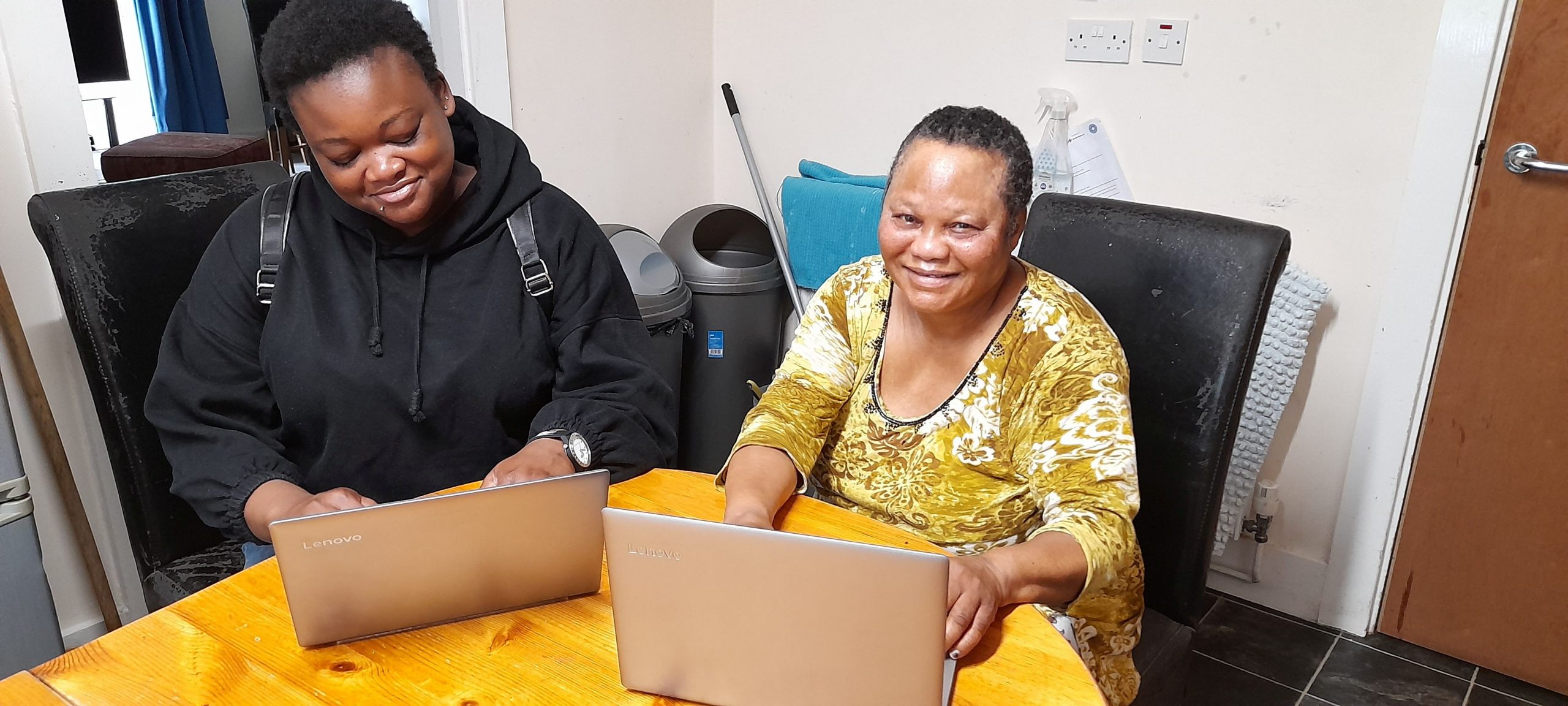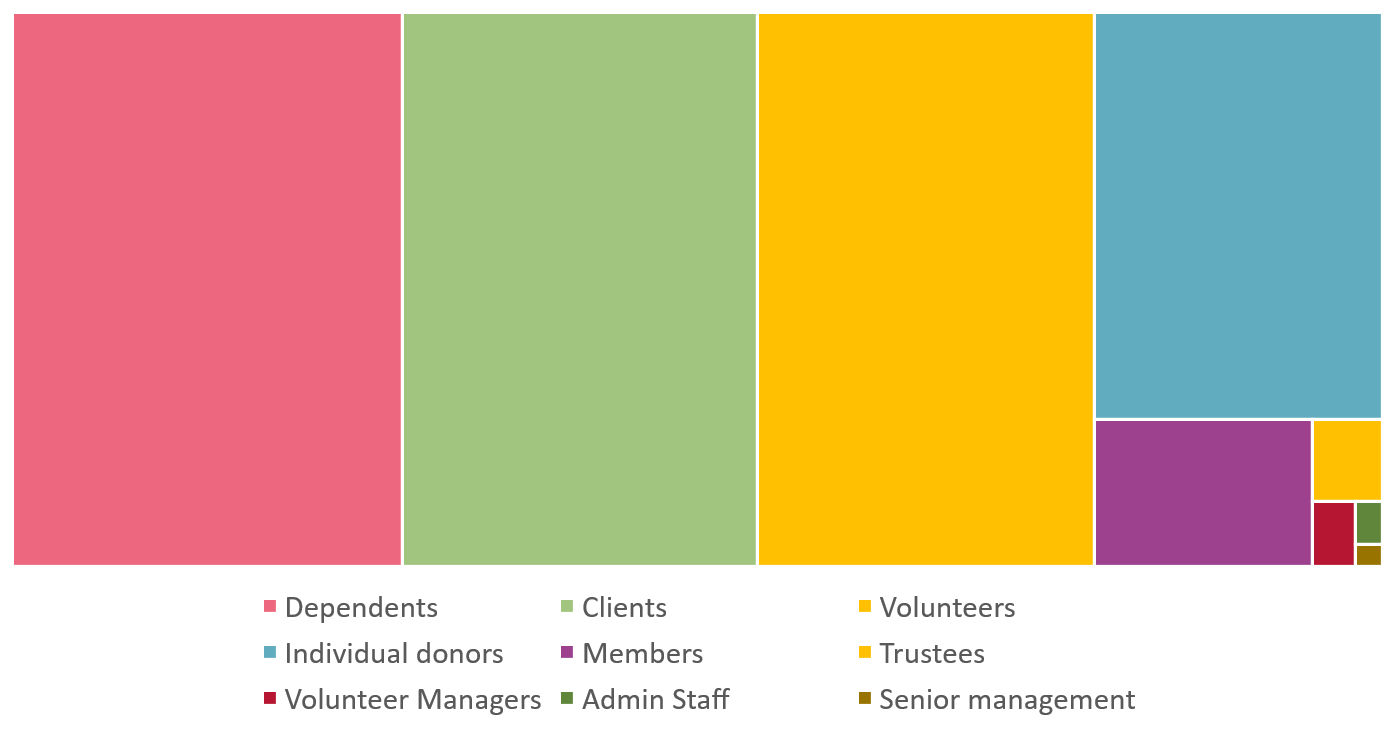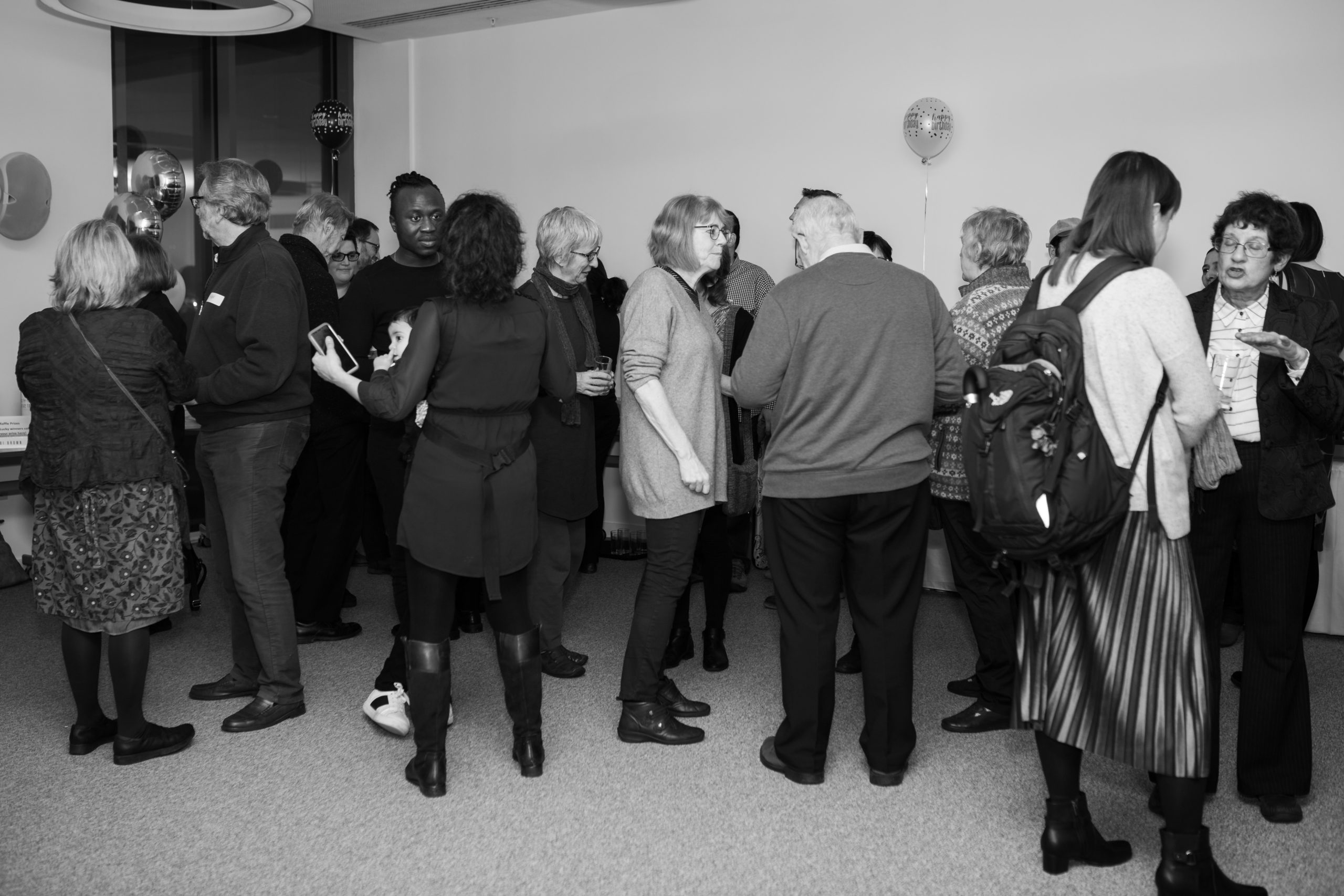“What can I do to help refugees from Afghanistan?”
Resource Information
A lot of people have been in touch over the last week, with unbelievably generous offers of help, housing, volunteering - all asking to know ways they can help refugees from Afghanistan. We are unbelievably grateful, and slightly embarrassed that we've yet to hear of any Afghans who've arrived in Leeds on the various resettlement schemes. So we've helped to draft this joint reponse from Leeds Migration Partnership https://migrationpartnership.org.uk/afghanistan so the refugee charities of Leeds give out clear and consistent messages. We are told that when people arrive, they will be provided with wrap-around care, and that the UK Government have this in hand. That said - despite "Operation Warm Welcome" - the UK Government plans to make the welcome for refugees who arrive without invitation less than warm. Including Afghan refugees who are not eligible for this wrap-around care. You might agree. You might disagree. But we'd like you to know more about it - and how it connects to the situation of folks who aren't lucky enough to be airlifted out of dangerous situations. You can find more info on this after this briefing sheet. Most of the organisations working with refugees in Leeds are working with people who have come to the UK without an invitation. Some of those people are from Afghanistan, but most refugees in Leeds are not eligible for the help offered to people who’ve been hand-picked by the Home Office. And although the Home Office have asked that all offers of help for Afghan people go through them – it’s actually much better to contact the Council (if you have an empty property that could be used to house people) or Migration Yorkshire – who are coordinating things on a regional level. They have produced an excellent in depth explanation of how people can offer help. Collecting, storing, cleaning and organising goods is an expensive and time consuming task. Charity shops like St Vincent’s do this brilliantly well, as well as offering support to people seeking asylum as well as refugees. It’s generally cheaper to buy new from Asda/Primark. Plus, from a human perspective – there’s enormous dignity in not being forced to wear second hand undies. If UK people want to show support for refugees more generally – there’s an opportunity for them to speak out against the UK Government’s New Plan for Immigration. This New Plan intends to create a two tier system for refugees. One group will arrive at the invitation of the UK Government, selected from particular refugee camps. These are called resettlement schemes. If the New Plan passes into law, the other group – the people who have not arrived on UK Government chartered planes or at UK invitation – will be said to have arrived here illegally. So even if people seeking refuge persuade the Home Office that their lives are in danger, and they cannot return home (for example that they are from Afghanistan and are wanted by the Taliban) they will be treated [...]









